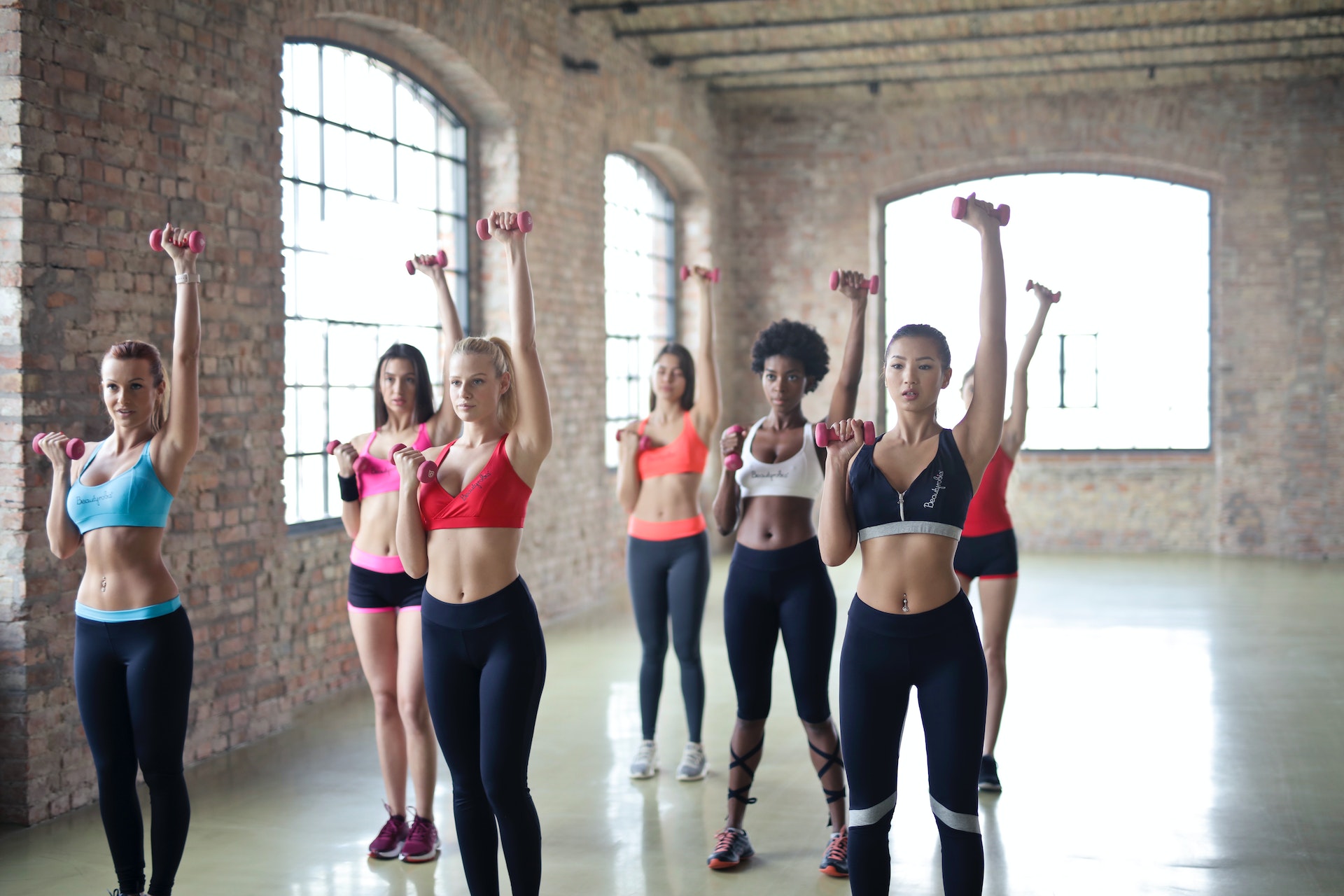Introduction
Fitness has become an integral part of our lives, and many women have started to take fitness seriously. The fitness industry has come a long way in the last few decades, and it has brought about a change in how we approach our physical health. Women, in particular, have shown a keen interest in fitness and strength training, and it has become an essential aspect of their lifestyle. Empowering women through fitness has become a crucial aspect of the fitness industry, and in this article, we will guide you on strength training and beyond.
Why Is Strength Training Important for Women?
Strength training has numerous benefits for women. It can help build lean muscle mass, which in turn increases metabolism and helps burn more calories throughout the day. Additionally, strength training can also improve bone density and reduce the risk of osteoporosis, a condition that weakens the bones and makes them more susceptible to fractures. Strength training also helps in improving posture, balance, and coordination.
Getting Started with Strength Training:
The first step towards strength training is to set your fitness goals. Identify what you want to achieve, whether it's losing weight, building lean muscle, or improving overall fitness. Once you have set your goals, you can start by incorporating bodyweight exercises into your routine. Squats, push-ups, lunges, and planks are great exercises to start with, and they can be performed at home without any equipment.
As you progress, you can start incorporating weights into your routine. Start with light weights and gradually increase the weight as you get stronger. Resistance bands are another great option for strength training, and they are affordable and easy to use.
The Importance of Cardiovascular Exercise:
Cardiovascular exercise is another essential aspect of women's fitness. It helps in improving heart health, increasing endurance, and burning calories. Cardiovascular exercises include running, cycling, swimming, and high-intensity interval training (HIIT). It is recommended that women should perform at least 150 minutes of moderate-intensity cardiovascular exercise per week.
Nutrition and Hydration:
Nutrition and hydration play a crucial role in women's fitness. A balanced diet that includes lean protein, complex carbohydrates, and healthy fats is essential for building lean muscle mass and fueling your workouts. Additionally, staying hydrated is important for maintaining optimal performance during your workouts.
The Role of Rest and Recovery:
Rest and recovery are often overlooked in women's fitness. However, they play a crucial role in preventing injuries and optimizing performance. Adequate rest allows your muscles to recover and repair after a workout, and it also helps in reducing the risk of burnout.
Incorporating Other Forms of Exercise:
Strength training and cardiovascular exercise are not the only forms of exercise that women can incorporate into their routine. Yoga, Pilates, and dance classes are great options for improving flexibility, balance, and coordination.
Conclusion:
Empowering women through fitness is crucial for improving overall health and well-being. Strength training, cardiovascular exercise, nutrition, hydration, rest, and recovery are all important aspects of women's fitness. By incorporating these into your routine, you can achieve your fitness goals and improve your quality of life. Remember to start slowly and progress gradually to avoid injury, and always consult with a healthcare professional before starting a new exercise program.
Powered by Froala Editor
